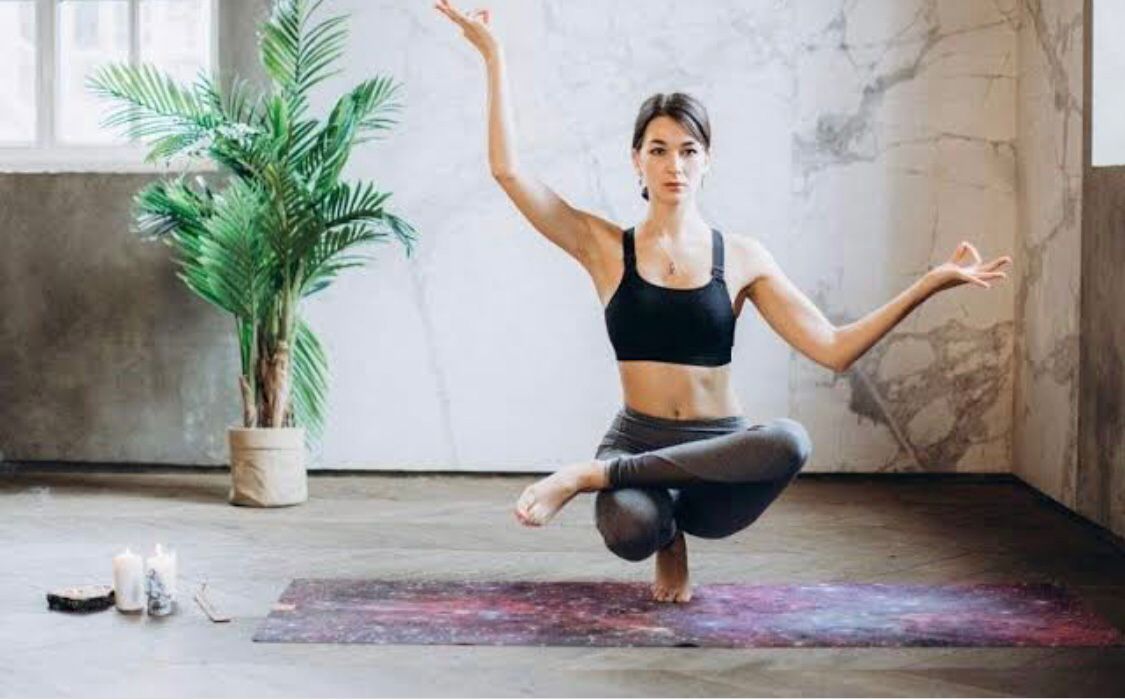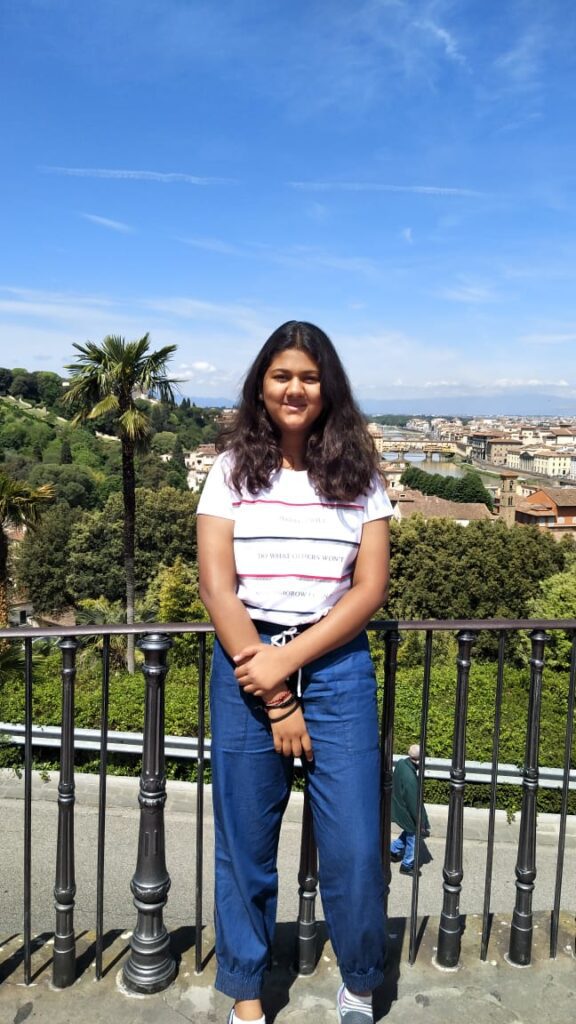
During one of my internships with a psychiatrist I noticed them requesting their patients to do yoga even if it was just for 15 minutes a day and had patients telling them how wonderfully it worked for them. As a form of low-impact exercise, yoga has been shown to lower stress hormones in our bodies while simultaneously increasing beneficial brain chemicals. These feel-good chemicals help decrease anxiety and improve mood. Making yoga a part of our lives can help protect against the effects of aging on our memory and cognition. For people who are starting out, the first step is learning how to focus on just the feeling of breath going in and out of the body. Breath control is a very important technique to learn for people with anxiety , stress etc. When you lift weights, your muscles get stronger and bigger. Yoga strengthens parts of the brain that play a key role in memory, attention, awareness, thought, and language. Think of it as weightlifting for the brain.
All exercise can boost your mood by lowering levels of stress hormones, increasing the production of feel-good chemicals known as endorphins, and bringing more oxygenated blood to your brain. But yoga may have additional benefits. It can affect mood by elevating levels of a brain chemical called gamma-aminobutyric acid (GABA), which is associated with better mood and decreased anxiety. Meditation reduces emotional reactivity, you have a more tempered response when faced with stressful situations. A number of small studies have found that yoga can help with post-traumatic stress disorder (PTSD). It is not used by itself, but as an add-on treatment to help reduce intrusive memories and emotional arousal and to produce calmer, steadier breathing. Yoga calms your body down and connects your mind to your soul. You tend to have more control over your body, your mind, your emotions and your reactions. It helps you increase your emotional quotient. You are at peace with yourself and with the rest of the world which in turn makes you appreciate and love yourself and the world more.
Author – Priyam Deorah










Online work has transformed the modern workplace, providing adaptability and convenience that conventional office environments typically lack. It enables individuals to work from anywhere with an internet connection, breaking down geographical barriers and enabling companies to tap into a global talent pool. This transition has led to a rise in remote and freelance opportunities, enabling workers to manage their professional and personal lives more efficiently. Additionally, online work can produce increased productivity and job satisfaction, as employees have more control over their calendars and work environments. However, it also poses challenges such as maintaining work-life boundaries, guaranteeing effective communication, and managing time efficiently. Overall, online work is a transformative force, reshaping the way we think about employment and productivity in the digital age.